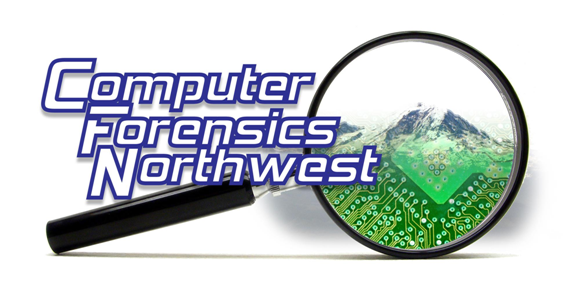We have witnessed an explosion of mobile computing, cell phones, smart phones, laptops and tablets. We are using these devices to a greater extent. We socialize with friends, we bank, conduct business, and shop on them. These mobile devices encourage innovation but they also present attractive targets for cyber stalkers, identity thieves and other criminal activity.
Cyber Attacks on the Rise in the Mobile Market
A great example of this happened March of 2011 in a discovery of more than 60 apps for the Android mobile operating system that were classified as malware or containing malware. The apps were modified to gain access to the users' personal and confidential data. The malware named “Droid Dream” secretly installed malicious code on the device along with the applications functions. The malware enabled the apps to steal sensitive information from the device, and were even able to receive update instructions from the criminals. It was fortunate that Google was able to remove the app from the Android Market before it infected the millions of users’ devices. This is just one example of the criminal attacks that have targeted personal devices.
Mobile Cyber Stalking
Stalking is not a new crime. The increased use of mobile devices raises new challenges. One important outcome of the propagation of mobile devices and services is that they allow for the collection of the users location and other personal information. The users are at the mercy of stalkers, abusive spouses, and others intent on victimizing the user. These individuals can use information gleaned from their mobile device to determine their whereabouts and activities of the user in question. More and more stalkers are misusing an array of computer technologies to bully, panic, terrorize, and monitor their victims. Perpetrators are also misusing technology to stalk before, during and after perpetrating sexual violence. New technologies bring the risk of digital abuses like unsolicited and constant texts, breaking into personal e-mail and social media accounts.
Mobile Phone Forensics Best Practices
Mobile phone forensics is growing exponentially. Courtrooms are relying more and more on the information inside a cell phone as crucial evidence in cases of all types.
There are 4 primary parts to the investigation:
· Seizure
· Isolation
· Documentation
· Analysis
Seizure - Like in any other computer forensics case, seizing a device has legal guidelines that must be followed. If you don’t have the proper authority to examine the device then don’t do it! It will only cause problems, and could cause the evidence to be suppressed.
Isolation - Cellular phone data can be tainted, altered, and deleted over the air. The user can employ applications to remotely wipe the data, as well as the carrier. It is like a double barreled shotgun. You can get blind sided from either direction. Therefore it is very important that as soon as a device is acquired, that it is disconnected from the network to prevent spoilage.
Documentation - Following a chain of custody, photographing the phone at time of seizure, and when it changes hands to an analyst is all part of the documentation process.
Analysis - Only a qualified forensic analyst should be accessing the device and performing the analysis. This is to ensure that the evidence is not spoiled and that sound forensic practices are performed.
10 Questions That Should Be Asked of Any Computer Forensic Expert
Computer Forensics Northwest specializes in the forensic analysis of all types of digital assets and media (Computer Forensics) for corporate clients, law firms, individuals, and government agencies. Our expert forensic examiners are trained to present technical findings in a detailed and easy to understand format. All Examiners hold multiple certifications in a variety of disciplines, including CSFA (Cyber Security Forensic Analyst) and ACE (The AccessData Certified Examiner) a leading forensic software tool.
Computer Forensics Northwest is a bilingual company which will be able to support both the legal and civil cases that employ or involve Spanish speaking individuals. This capability allows Computer Forensics Northwest to recover documents and e-mails that are written in Spanish quickly and efficiently.

No comments:
Post a Comment